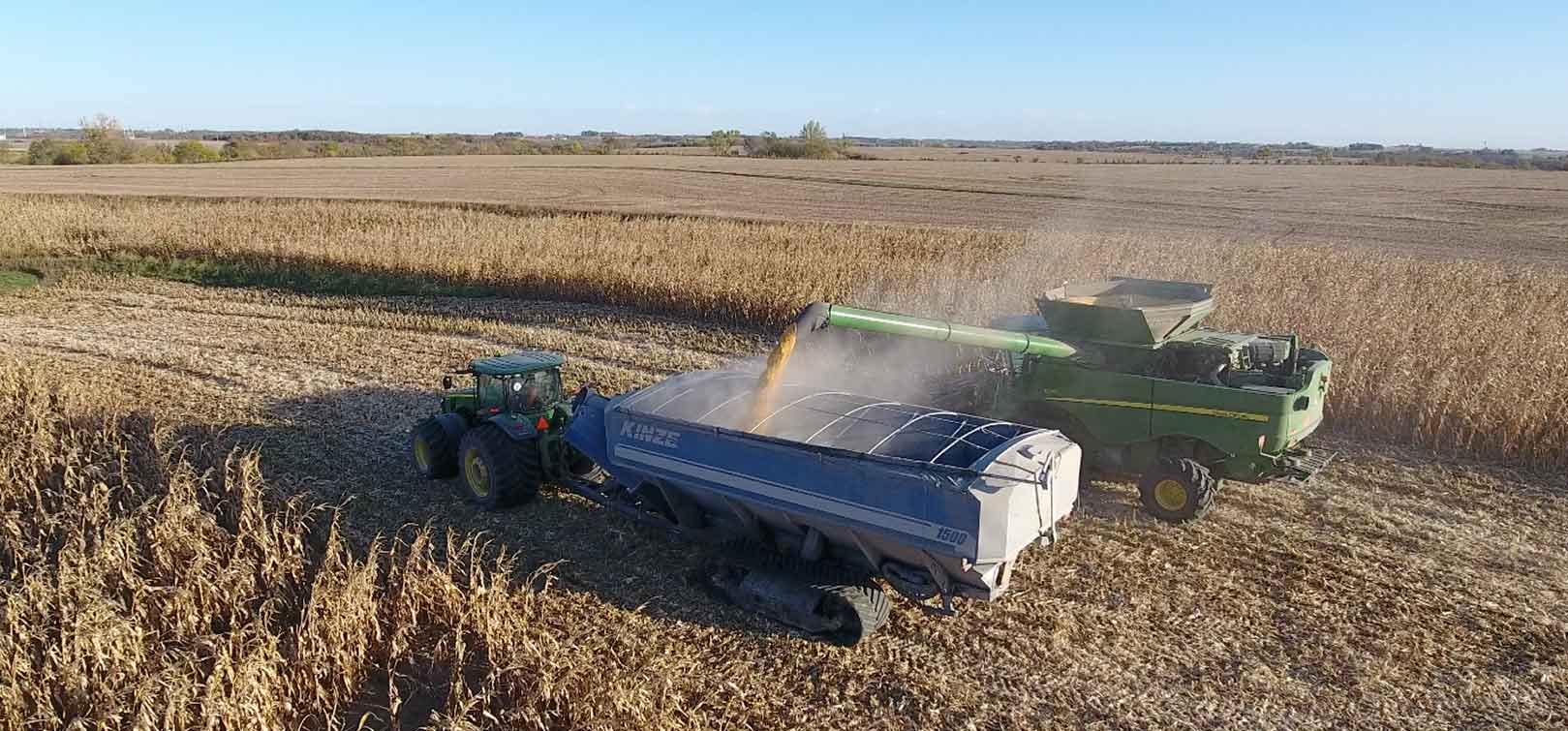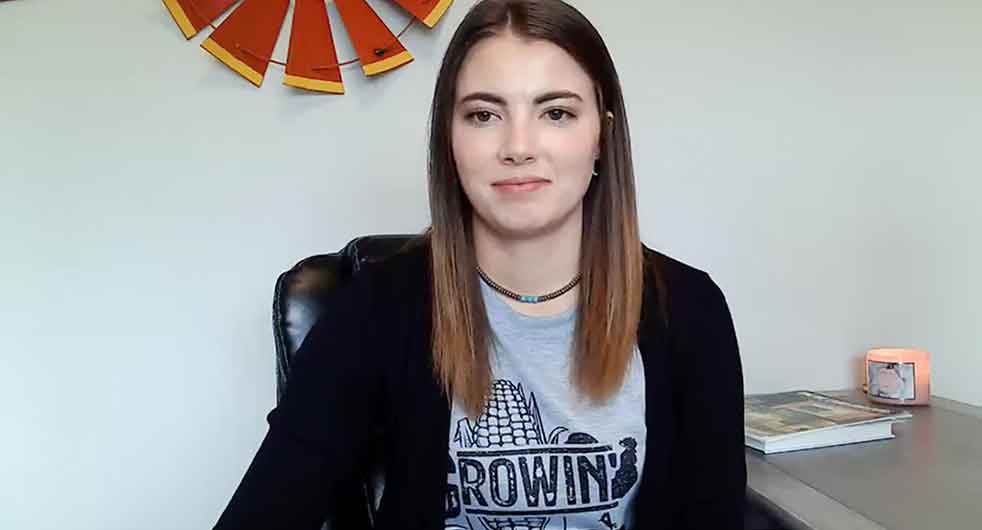I understand you don’t want to give your land away, and I have a solution! A reserve land auction is where you as a seller set a minimum price where you feel comfortable selling your land to the highest bidder. You also have the right to reject or accept the highest bid unlike an absolute auction where you would have to sell regardless of the price. Reserve auctions are more traditional, and protect you as a seller! Here are a few secrets you should know when it comes to setting your auction reserve price.
1. Talk to an Auction Professional First
“What do you think my land is worth?” Is one of the most common questions I receive when landowners call me. When you first start thinking about having a land auction, this is a great question to ask a land agent or auctioneer. I look at what the land market is doing daily, and can educate you on what I think your land is worth. If you don’t have a price already in mind, this will guide you on setting a reserve price.
2. Reserve price = Expected Value x 75%
So, you have a good idea of what your land is worth now. The best advice I can give you next is to take 75% of the value to calculate your reserve price.
Why not 100%? Here’s the secret. You might be feeling uneasy about your reserve price from my calculation, but this is key for bidder momentum and achieving maximum results.
3. Announcing, “Farm will Trade Hands”
Have you ever bid on an item and wondered if you were actually going to get it? This is how bidders often feel during a reserve land auction. Farmers, investors, and other buyers understand majority of farmland is sold with a reserve.
Your reserve price should really stay between you and your auctioneer – no one else (especially neighbors, friends, and family members) until the bids have reached your reserve price during the auction. It’s at this point I like to confirm with you as a seller that you are willing to confirm the sale of the auction and the farm will trade hands to the highest bidder.
This creates bidder momentum. Typically, bidders will feel more relieved and react by placing more bids after you make the announcement since they know if they are the high bidder, they will get the farm which creates competition. The next few bids that are placed are how we achieve the expected value or more!
The lump in your throat feeling will slowly start to go away as you watch the next few bids be placed and continue to climb.
4. Accepting or Rejecting the Last Bid
I want to make it clear – you have total control of your auction. Don’t worry. With a reserve auction, you have time to accept or reject the highest bid and confirm the sale even after the auction is complete. I’ve had sellers include in the terms and conditions of their auction that they have up to 4 hours or even 24 hours after the auction to accept or reject the highest bid. Although not as common as secret #3, it’s still a safe way for you to sell land stress-free.
5. Absolute vs. Reserve
There are two different ways to sell your land by auction – absolute or reserve. I’ve talked a lot about setting an auction reserve, but I want you to be aware of how absolute auctions work.
No matter what, if you have an absolute auction your farm will sell to the highest bidder regardless of price which can come with risks. This could be dangerous if only one bidder shows up to your land auction and there’s no competition to raise the price.
I’m thinking worst case scenario though, and it would be very unlikely for a bidder to walk away owning farmland for $1. Remember how I said bidders appreciate knowing they can own the land if they are the high bidder in secret #3? The word absolute is powerful and similar to announcing confirming the sale of your auction.
I would recommend having an absolute auction only in very unique situations. For example, I helped conduct an auction where all proceeds were being donated regardless of price. It was an absolute auction in October with 10 tracts of farmland that reached $11,400/acre on multiple tracts!
Having a land auction shouldn’t be a scary or a stressful situation. I protect my sellers by letting you determine what price you are willing to sell your land for. I’m here to give you guidance and advice but at the end of the day you have to make the decision what price you are comfortable with. Let’s get started today with a free market analysis of your farm!



